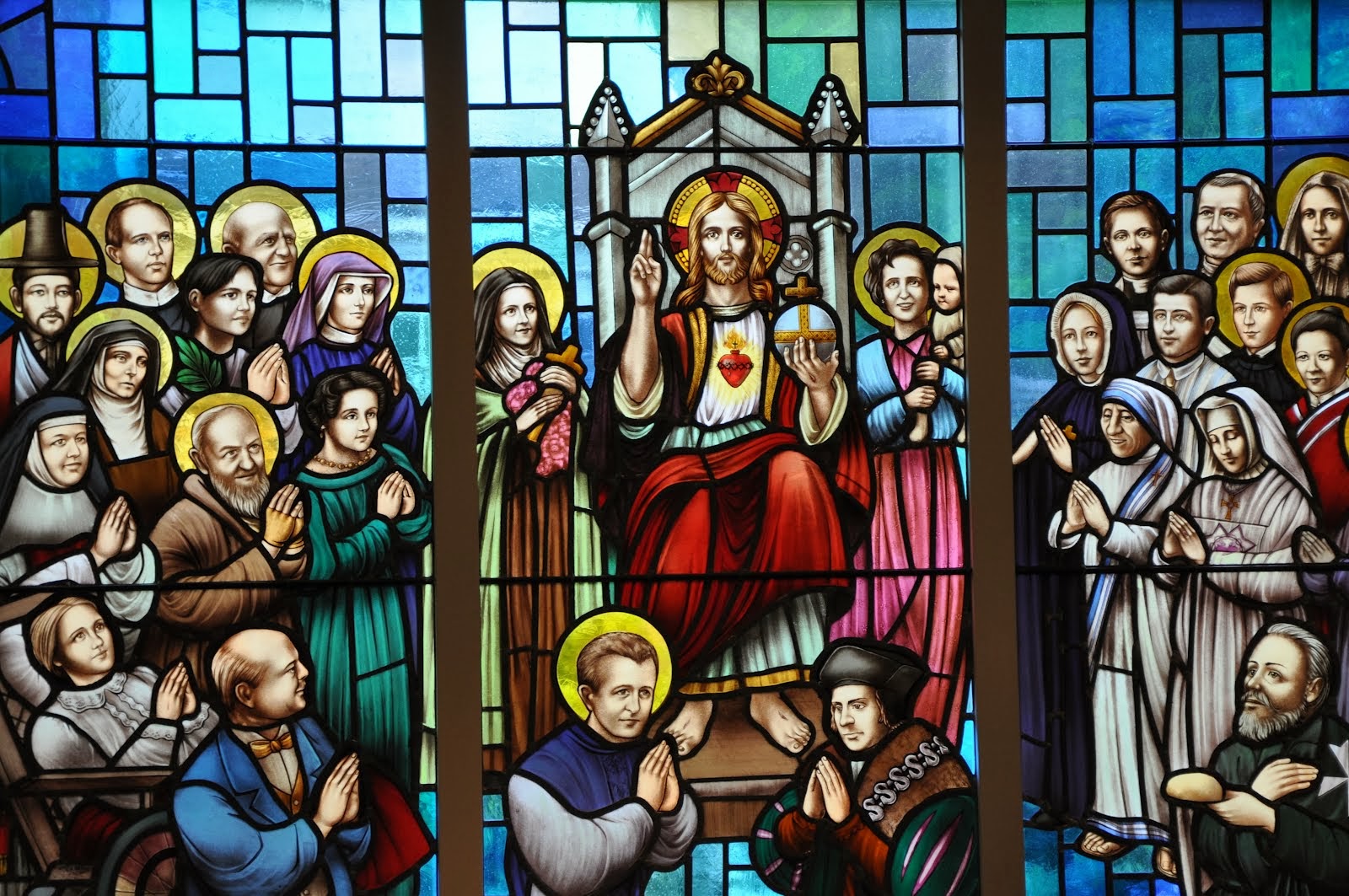
The Wisdom of the Saints….about the dignity of the human person (part 2)
“’Let Us make man to Our own image and likeness.’ He did not say this of the Heavens or of the stars, but of man – not, indeed as regards man’s body, but as regards his soul, which is endowed with a free will and is incorruptible, and in which he resembles God.” St. Thomas Aquinas (13th century, Doctor of the Church)
“See the love of your God. If He could, He would suffer again for each one of you what He suffered for all men. Gladly would He redeem you, you alone, at the cost of His Passion. Will your love not respond to such love?” St. Bridget of Sweden (14th century)
“Why dost Thou so fervently desire to see and to embrace me? Thou, Who dost dwell in heaven in company with those who understand so well how Thou shouldst be served and loved, dost come to me, who only know how to offend Thee or to render Thee slack service. Canst not Thou, then, O my Lord, be happy without me, that my love should draw Thee down to me? Oh, blessed mayst Thou be, Who being what Thou art, hast yet set Thy heart upon such a creature as me! Can it be that Thou, King as Thou art, dost come here and dost place Thyself in my hands, and seem to say, ‘I died once for thy sake and I come to thee now to show thee that I do not repent of it, but on the contrary that, if there were need, I would give My life for thee a second time?’ Who could remain unmoved by such love?” St. John of Avila (16th century, Doctor of the Church)
“Man himself fell through sin. Yet God so loved him and judged him so important that He sent to earth His only Son, Who was true God, so that He might become man and make right our fall by spilling His blood. If one can estimate the value of something by its cost, what estimate could be made for man redeemed at such an excessive, inconceivable price?” Bl. Hyacinth-Marie Cormier (19th-20th centuries)
“Love created you…you are of the earth, but you have a Savior Who is of heaven, Who came to unite these two poles with the powerful magnet of love, to purchase you with the price of His own life. Therefore you are worth more than all the wonders of the firmament and are superior to the stars, because you are worth the very life of your Jesus, Who is always ready to sacrifice His life for you.” Bl. Concepcion Cabrera de Armida (19th-20th centuries)
“God made you to be happy. He made you for your happiness, not His. God would still be happy if you never existed. God has no need of your love for His sake for there is nothing in you, of and by yourself, which makes you lovable to God…God does not love us for the same reason that we love others. We love others because of need. Our need of love is born of our poverty. We find in someone else the supply of our lack. But God does not love us because He needs us. He loves us because He put some of His love in us. God does not love us because we are valuable. We are valuable because God loves us.” Ven. Fulton Sheen (19th-20th centuries)
“…I am loved by God despite all my faults, failures, and infidelities. There is nothing in me that should make me lovable to God. Then why does He love me? Because He puts some of His love into me. He loves me as a mother loves a child with a dirty face; her image is in the child, and it is this the mother sees and loves.” Ven. Fulton Sheen
“What does it profit us to gain the whole world if we lose our soul? What do riches, honors, glory, human affections matter, for they pass away and end? How do they compare with my soul, which is immortal and has been made worthy by the Blood of Jesus Christ, my God? How precious must a soul be since the devil will be watching out to destroy it.” St. Teresa of the Andes (20th century)
“..the Incarnation of the Son of God emphasizes the great dignity of human nature; and the mystery of redemption not only reveals the value of every human being but also indicates the lengths to which the battle to save man’s dignity must go.” Pope St. John Paul II (20th-21st centuries)
“Disregard for the sacred character of life in the womb weakens the very fabric of civilization.” Pope St. John Paul II
